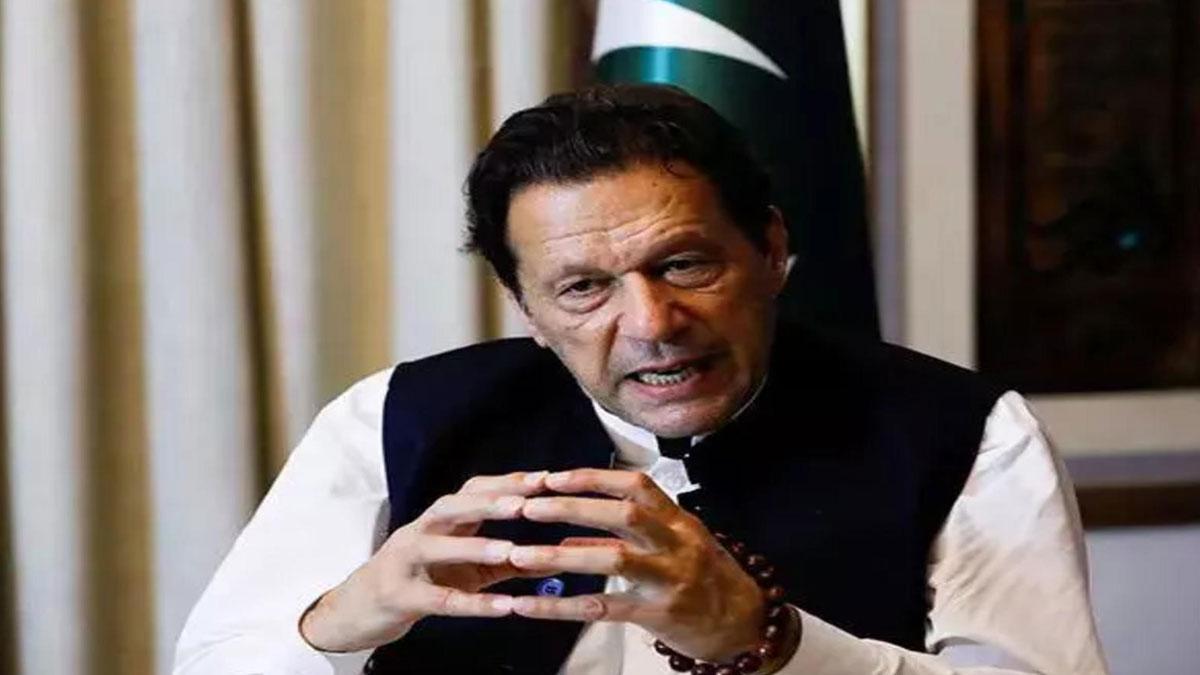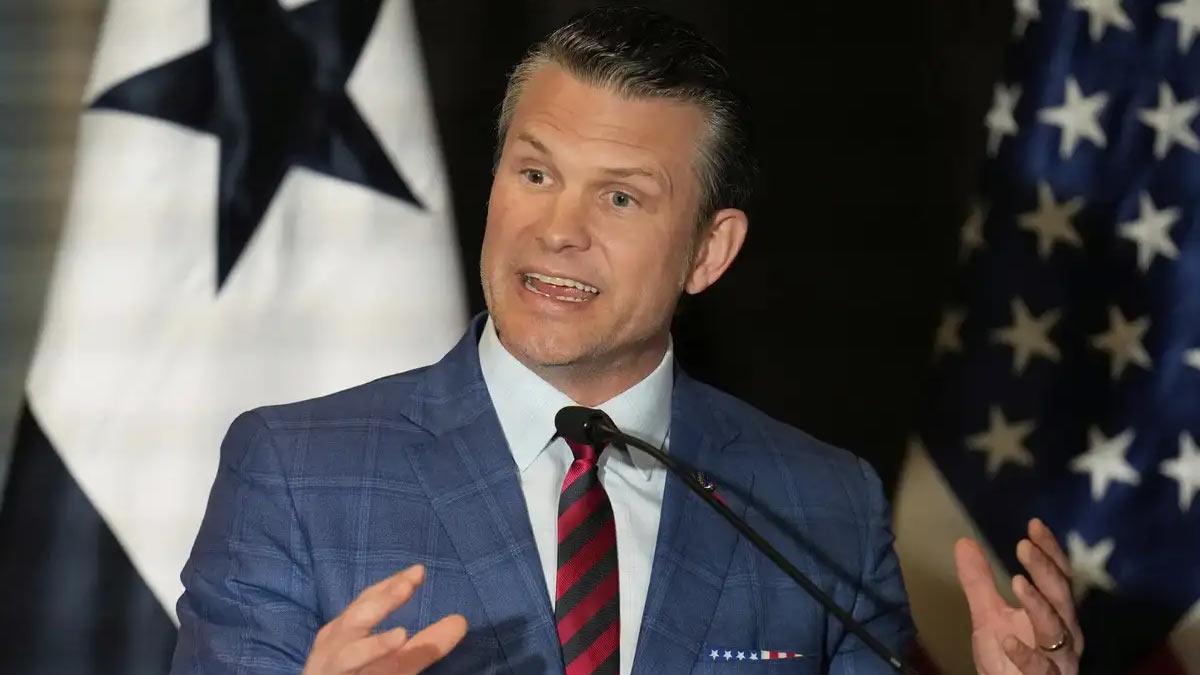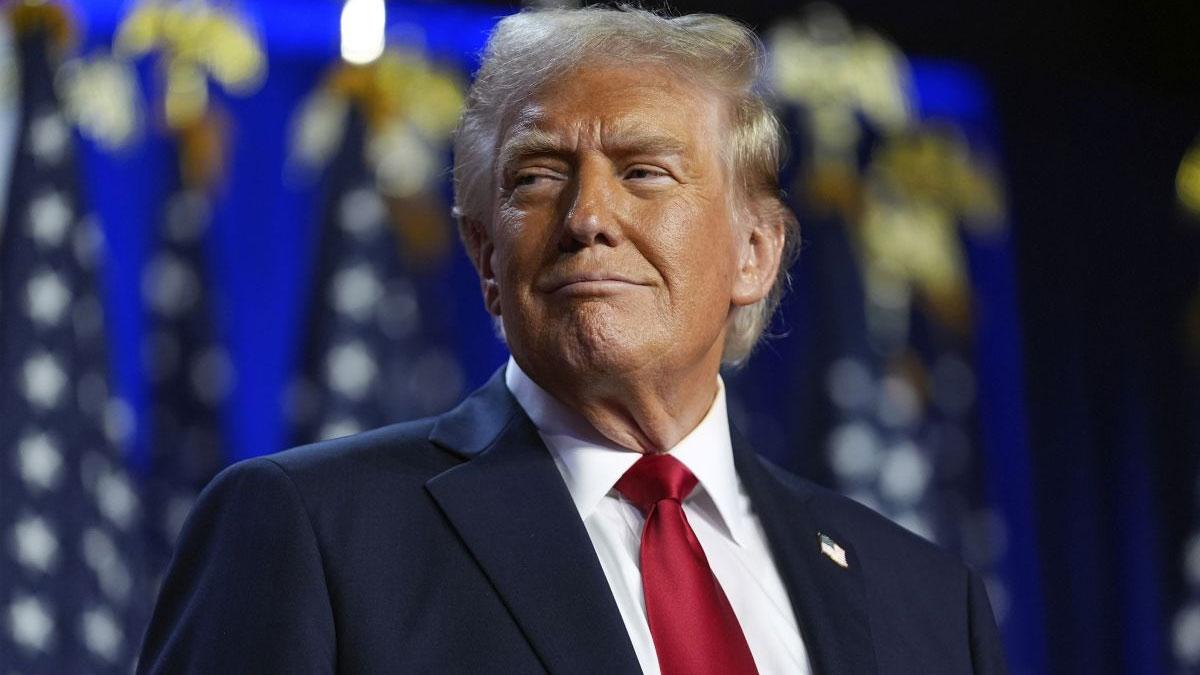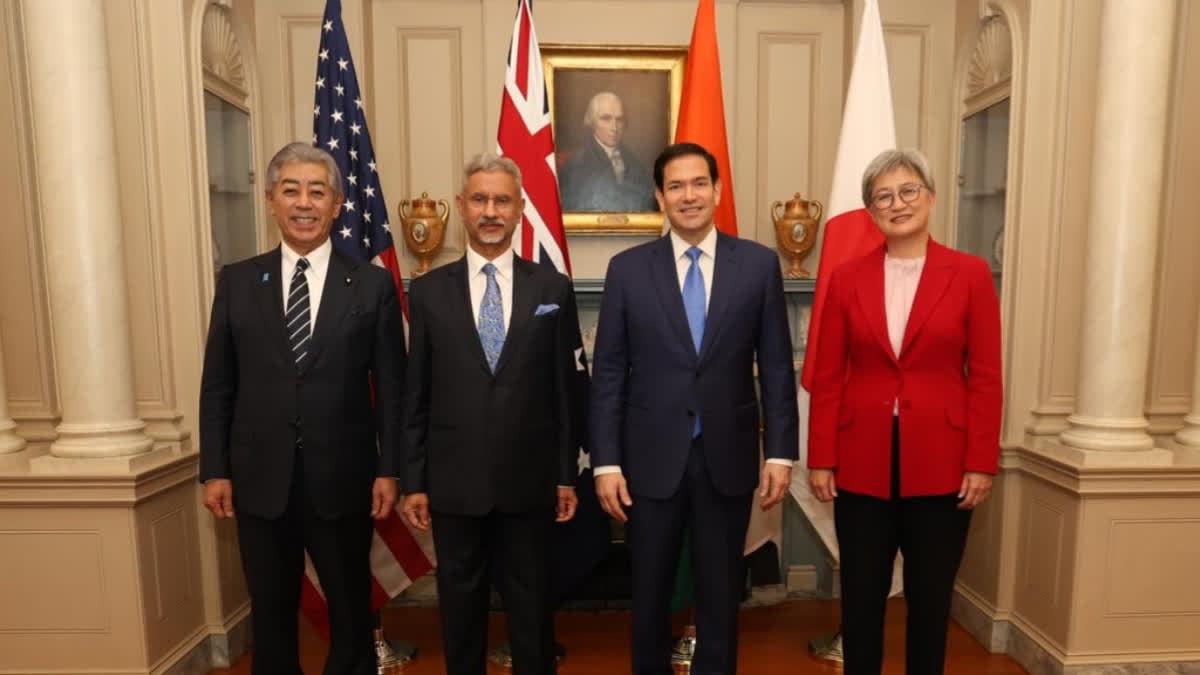Former Pakistani Prime Minister Imran Khan has drawn parallels between his situation and that of Delhi Chief Minister Arvind Kejriwal, who was granted bail to campaign ahead of India's general elections.
Khan raised this point during a Supreme Court hearing, where he lamented the treatment he has received since his removal from office in April 2022.
Khan appeared before a five-member Supreme Court bench, led by Chief Justice of Pakistan Qazi Faez Isa, in a case concerning amendments to the National Accountability Ordinance (NAO).
The other justices on the bench included Aminuddin Khan, Jamal Khan Mandokhel, Athar Minallah, and Syed Hasan Azhar Rizvi. Justice Minallah expressed his regret over the incarceration of Khan, who hails from a significant political party and has a large number of followers.
Khan highlighted the contrast between his situation and that of Kejriwal, who was released on bail to participate in election campaigning, whereas he is being treated harshly under what he terms an undeclared "martial law" in Pakistan. He said his swift conviction in five days was to sideline him from general elections held on February 8.
Khan also criticized the Supreme Court's decision of not allowing the request for live streaming of the case proceedings and questioned the court's judgment about him doing a political point-scoring during the previous hearing. Chief Justice Isa responded that the verdict of a judge does not need an explanation and asked Khan to file a review petition.
Khan called for the Supreme Court to appoint a chairman for the National Accountability Bureau (NAB) and criticized the current process, which he said is influenced by a "third umpire." Justice Minallah said there was no ground to invalidate the NAB amendments, but Khan insisted that there was a need for reform within the anti-graft body.
When Justice Minallah said the appointment of the Chief Election Commissioner was also included among the amendments, Khan cautioned that if the amendments were overturned, it would benefit him but that the country would go into bankruptcy.
Chief Justice Isa also warned Khan against reminding him about the ruling of the Islamabad High Court on the cipher cases, saying the matter was still pending in the Supreme Court.
Justice Rizvi asked Khan why, when he strongly opposed the NAB amendments outside the Parliament, he had not made the same noise during the sessions. Khan said it was because he believed his government had been ousted through a conspiracy and that he had not wanted to sit with the "conspiratorial government."
He requested the court to take into account his confinement compared to that of former Prime Minister Nawaz Sharif. In a lighter vein, Justice Mandokhel pointed out that Sharif was also not currently in prison, adding that perhaps some judicial officer should go to his house for a surprise check.
Read Also | Imran Khan Stands Firm: No Apology for May 9 Protests


















